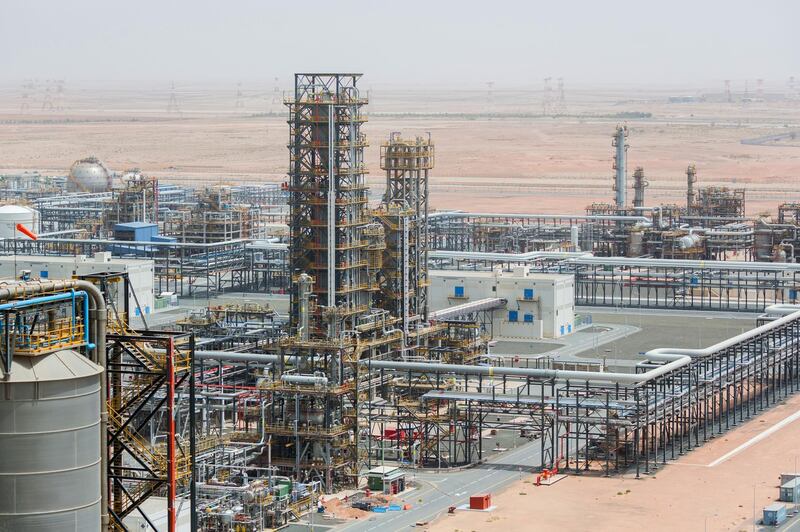While oil abounds beneath the sands of the Arabian Peninsula, the region has struggled to produce large quantities of natural gas. But Adnoc's discovery of 15 trillion cubic feet of gas in Abu Dhabi, announced yesterday, brings that uncomfortable reality to an end.
This is the largest discovery in years, boosting existing reserves by 7.1 per cent. It will end the country’s dependence on pipeline imports and, most importantly, transform the UAE into a net gas exporter. On the back of Adnoc’s downstream strategy, unveiled earlier this year, which targets $45 billion of investment in refineries and chemical facilities, one thing is clear: the UAE’s energy sector is booming.
It is often said that gas is the fuel of the future. Even Saudi Arabia, an oil production behemoth, is turning to gas power plants to exploit the superior efficiency of this fuel. Meanwhile, gas provides more than 90 per cent of the UAE’s electricity. And, as a less polluting alternative to oil, markets across the world are increasingly eager to import it. The UAE, by becoming a net exporter, will be able to seize upon this growing global demand, generating billions of dollars for the UAE economy.
This discovery marks a new chapter for the UAE’s energy sector. The strategies employed earlier this year in Ruwais – which will soon house the world’s largest oil refinery – including inviting investors from India, China and Europe, will be replicated, meaning more agreements, more foreign investment and ultimately more growth. Thousands of jobs will be created for local workers, while homegrown companies will bid for scores of contracts.
Equally significant will be the auxiliary revenue of exporting sulphur. The UAE’s gas is unique in its high content of sulphur, which must be extracted before the gas can be burned or liquefied and sold. With Adnoc’s latest discovery, the nation is on track to become a leading exporter of this chemical element, which, as a vital component in fertiliser and therefore global agriculture. This is yet another vital revenue stream that will stand the UAE’s economy in excellent stead as it reaches out and grasps the future.
Much is made of the preparations for a post-oil future, based on the notion that economic security tomorrow requires diversification today – both within and beyond oil and gas. Thanks to this new bounty, UAE gas could soon power homes from Riyadh to Beijing.





